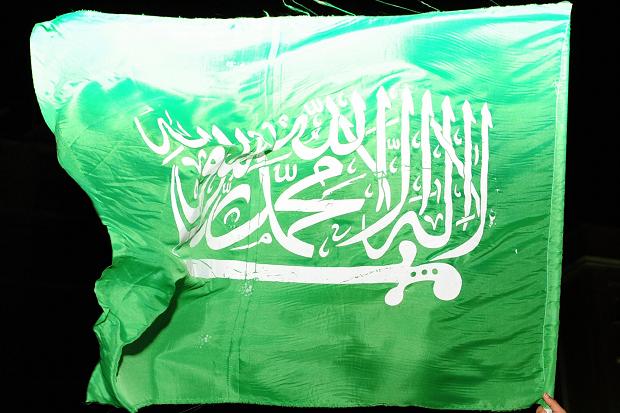The United Nations announced on Friday that Secretary-General’s Special Advisor on Libya, Stephanie Williams, will leave her post on Sunday.
Farhan Haq, Deputy Spokesperson for the UN Secretary-General, confirmed Williams’ departure during a press conference on Friday.
Haq said: “We’re trying, as soon as we can, to have at least an interim person named to do the sort of task that Stephanie Williams was doing, but I don’t have anyone to name for you then.”
He added: “As you know, we do have a functioning UN Support Mission in Libya (UNSMIL). The officer in charge of that mission is Raisedon Zenenga, and so he will continue to be the officer in charge until we can name someone else.”
Haq said that UN Secretary-General Antonio Guterres praised the work done by Williams in Libya and called it amazing, noting that she left her positions due to other obligations.
Since her appointment in December 2021, the UN has confirmed that Williams will undertake mediation efforts and engage with regional and international Libyan stakeholders to follow up the implementation of the three Libyan dialogue tracks – politics, security, and economy – while pushing for presidential and parliamentary elections in the country.
Williams served as Acting Special Representative and Head of the UNSMIL from 2020 to 2021, and Deputy Special Representative of UNSMIL between 2018 and 2020.
On Thursday, the UN Security Council decided to extend the mandate of the UNSMIL for three months, until October 2022.
One of the most prominent candidates to lead the UN mission in Libya is former Algerian foreign minister and Algeria’s former delegate to the UN, Sabry Boukadoum, who is fully familiar with the Libyan issues. Boukadoum had excellent relations with all Libyan parties, as he previously visited the capital Tripoli and the cities of Benghazi in the East and Ghat in the south of the country, when he was serving as foreign minister.
Meanwhile, the African Union is pushing for an African figure to take over the post. Among the candidates: Ghanaian diplomat Mohammed Ben Chambas, the UN special representative for West Africa from 2014 to 2021, and former Sudanese foreign minister Mustafa Osman Ismail.
Christian Bock, the German ambassador to Libya from 2016 to 2017, is also expected to compete for the post. He is expected to find support from his country as well as from several European countries.
The new UN envoy in Libya will face the challenge of finding a plan to lead the country out of its political and security crisis, which is a difficult task, in light of the institutional and geographical division it is witnessing, regional competition for power, as well as security tensions.

